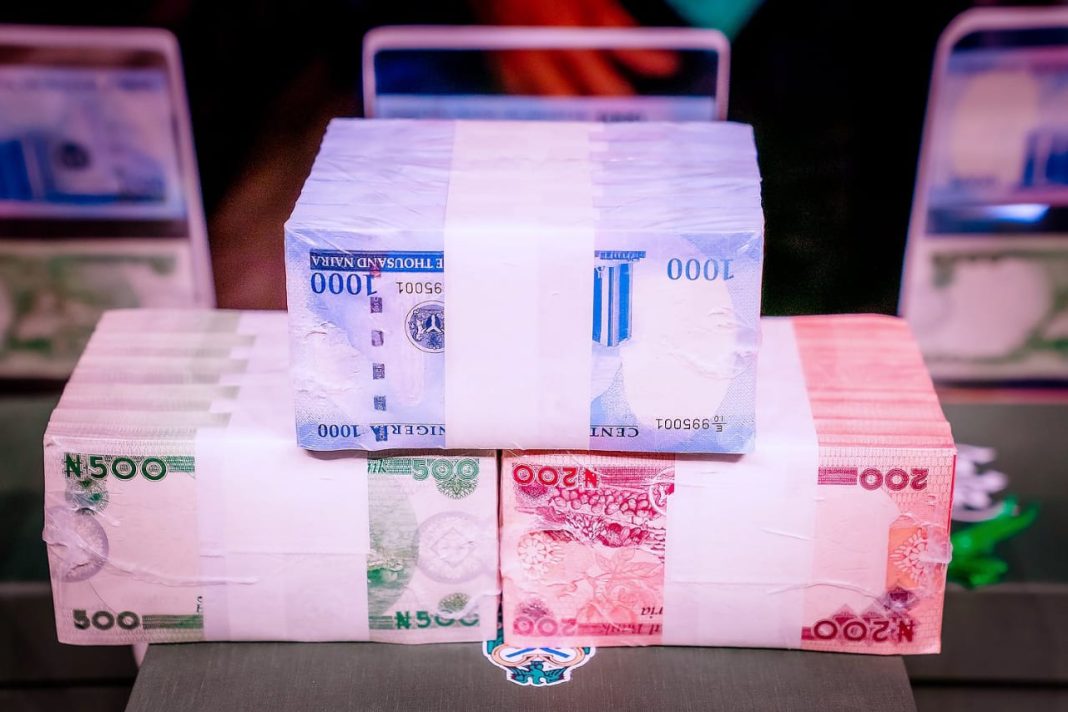By Daniel Edu
The Central Bank of Nigeria (CBN) and its subsidiary, the Nigerian Security Printing and Minting Plc, expended a total of N74.84 billion on producing and introducing currencies, including new naira notes, in 2022. This marked a 40.42% increase compared to the N53.29 billion spent in the previous year.
Despite the currency scarcity experienced in Nigeria during the later months of 2022, the CBN’s expenses for currency production surged significantly.
The CBN’s currency issue expenses amounted to N29.65 billion in 2022, up by 94.66% from N15.23 billion in 2021. Currency issue expenses encompass costs associated with the printing, processing, distribution, and disposal of currency notes.
Furthermore, the cost of sales related to the production of currency notes and coins by the Nigerian Security Printing and Minting Plc reached N45.19 billion in 2022, marking an 18.72% increase from N38.07 billion in 2021. These costs include raw materials, employee benefits for production staff, electricity and fuel expenses, depreciation, and repairs and maintenance.
In 2022, the total amount of currency in circulation was N3.01 trillion, reflecting a 9.47% decrease from the N3.32 trillion in circulation in 2021.
The CBN’s decision to redesign naira notes and phase out certain denominations led to cash shortages that negatively impacted the Nigerian economy. This move by the CBN’s suspended Governor, Godwin Emefiele, aimed to introduce new naira notes by December 15, 2022, and discontinue some existing notes’ legal tender status by January 31, 2023.





